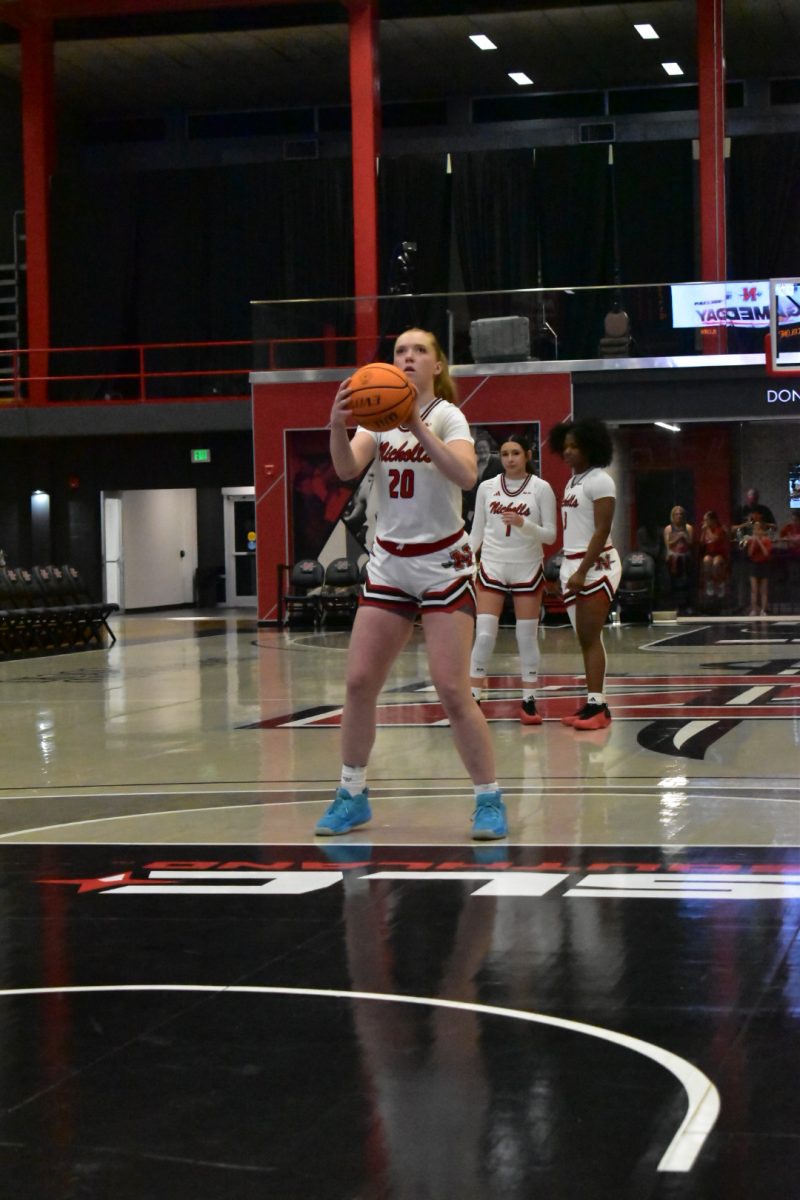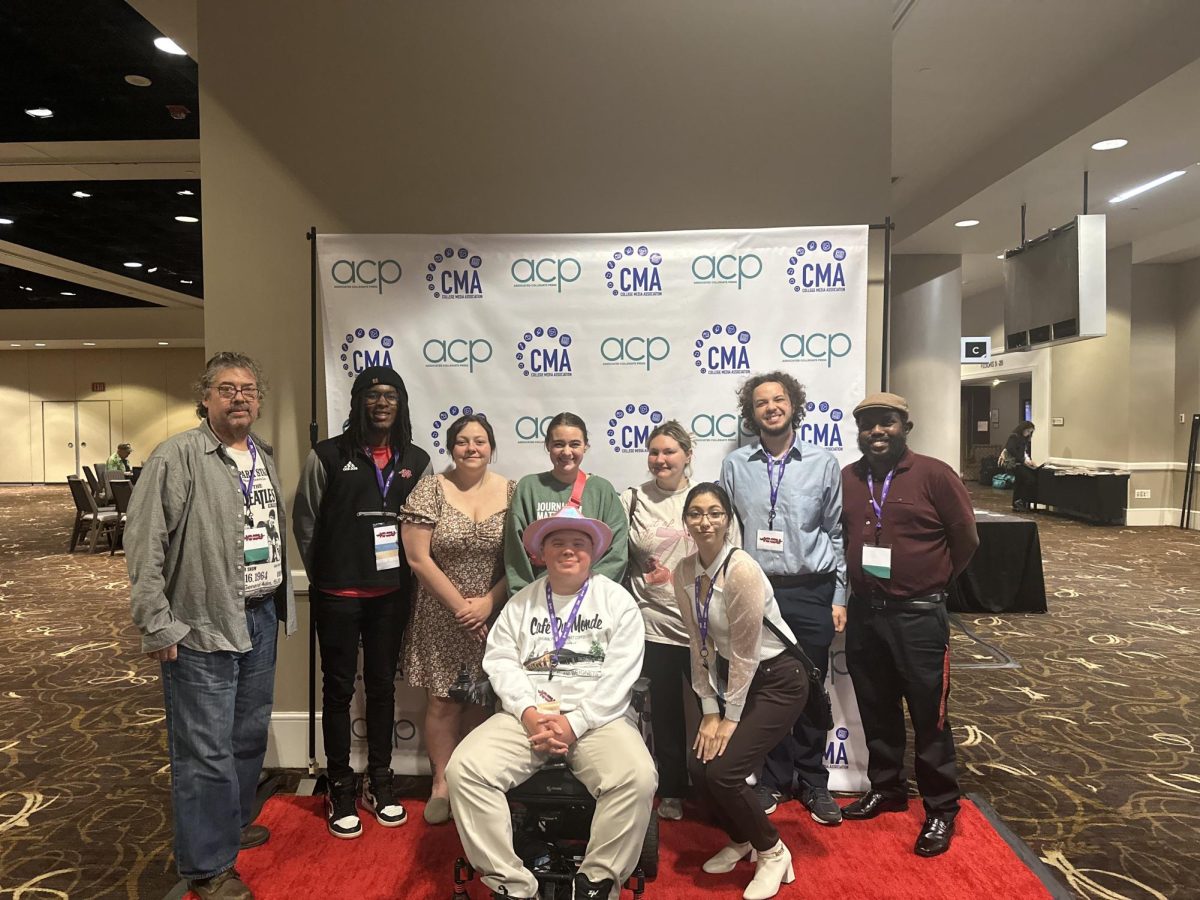NEW ORLEANS – A grand jury began investigating the deaths of four patients at a sweltering, flooded hospital after Hurricane Katrina on Tuesday, a spokesman for the Orleans Parish district attorney said. The case is one of three that stirred controversy after the Aug. 29, 2005 storm.
Six current and one former police officer have been charged with murdering two unarmed African American men and wounding four others on a bridge in the chaotic days after the hurricane. And the owners of a flooded nursing home are to be tried in April on charges of negligent homicide of 35 patients in their care after Hurricane Katrina.
“These are all high profile cases and they are all dragging along much longer than murder cases in Orleans Parish usually last,” said Dane Ciolino, a professor at Loyola University’s College of Law, “Usually people are indicted within 60 days of the arrest.”
The St. Rita case, from nearby St. Bernard Parish, is due to go to trial April 16.
Lawyers for the police officers are still filing motions and seeking evidence.
Dr. Anna Pou and nurses Lori Budo and Cheri Landry were arrested on murder charges after Louisiana Attorney General Charles Foti’s office investigated the case. Foti said the women put desperately ill patients to death using a lethal injection of drugs, after determining that the patients were either too ill or too incapacitated to be moved following Katrina.
The three have not been formally charged and have been free on bond since their arrest last summer.
Pou, Budo and Landry were at Memorial Medical Center after Katrina flooded the surrounding streets Aug. 29, 2005.
With no electricity, temperatures rose to 110 degrees on the floor where critically ill patients were housed. Supplies were short and fear ran high a credit union across the street from the facility was looted.
At least 34 patients died at the eight-story, 317-bed hospital.
The coroner has not yet classified the deaths, but assistant district attorney Michael Morales said previously that will not stop the grand jury’s probe.
Rather than the panel hearing the traditional presentation of evidence, Morales said this grand jury will be an investigation tool.
In most state cases the district attorney presents a case – sometimes just testimony from a police officer – and asks for an indictment, Ciolino said.
This is much more the way federal grand juries are run, he said.
“Doing it this way certainly speaks to the ambiguity of the evidence and the prosecutor’s deliberation as to whether to seek an indictment,” Ciolino said. “Or it could be that he’s made up his mind that he doesn’t want to bring charges and wants the grand jury to provide his cover.”
District attorney Eddie Jordan refused to comment, saying his policy was not to talk about grand jury matters.







